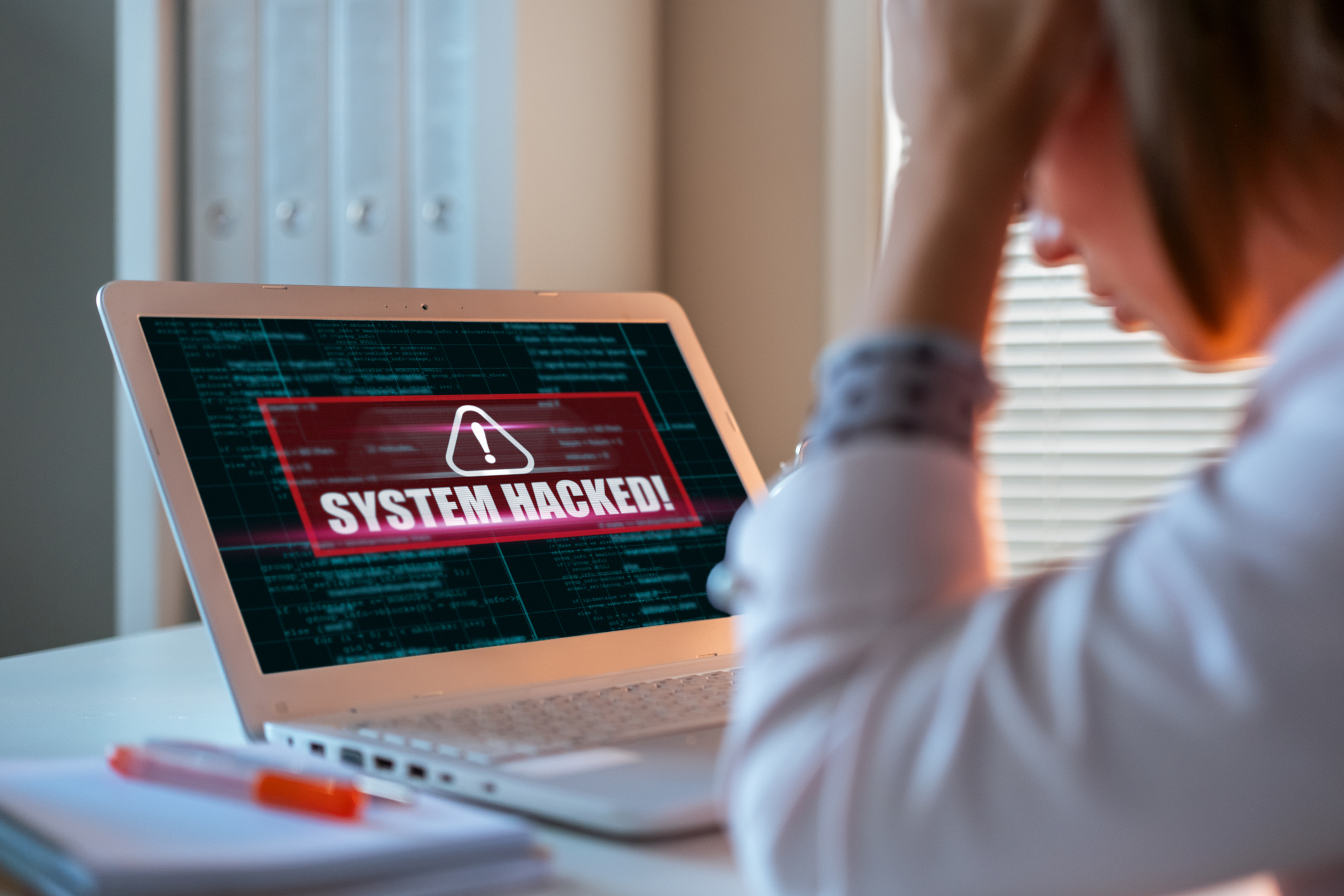Cybercrime is a growing threat in our daily lives. According to the FBI’s Internet Crime Report, financial losses due to cybercrime increased by an alarming 33% since 2023, reaching record-breaking levels.
Why is this happening? The explosion of online activity — from social media and online shopping to digital banking and working remotely — has created more opportunities for cybercriminals to strike. On top of that, hackers are becoming more sophisticated, often using artificial intelligence to create convincing scams and gain access to sensitive information.
That’s why cybersecurity awareness is more critical than ever — especially for working families, retirees, and small business owners. Let’s walk through the five most common types of cybercrime today and how to defend against them.
1. Phishing Attacks
These are deceptive emails, texts, or social media messages that appear to come from trusted sources — your bank, a friend, even your employer. The goal is to trick you into giving up personal information like passwords, Social Security numbers, or credit card details. Common signs of phishing include misspellings or strange grammar, a sense of urgency (“Act now or your account will be closed!”), suspicious links, or unknown senders.
2. Identity Theft
This happens when someone steals your personal data to open credit cards, file false tax returns, or commit fraud in your name. Common methods include phishing emails or fake websites, data breaches at stores or service providers, and oversharing on social media.
3. Ransomware
Ransomware is a malicious software that locks your data and demands a ransom to unlock it. It’s a growing threat not only to businesses but also to individuals. It spreads through infected email attachments, unpatched software or operating systems, or by clicking on fake ads or pop-ups.
4. Online Scams and Fraud
From fake e-commerce websites to bogus investment opportunities and phony tech support calls, online scams are becoming harder to spot and more aggressive. Common examples include too-good-to-be-true deals on unfamiliar shopping sites, tech support pop-ups telling you your device is infected, and “limited-time” investment opportunities that require upfront payment.
5. Hacking and Unauthorized Access
Hackers gain unauthorized access to personal or business systems using techniques like brute-force password attacks, software vulnerabilities, or stolen credentials.
Smart Habits to Stay Safe
Here are practical ways you can protect yourself from cybercrime:
- Use Strong Passwords: Create complex, unique passwords and turn on two-factor authentication (2FA) for all your accounts. A password manager can help you keep track of passwords without the hassle.
- Practice Safe Browsing Habits: Always look for HTTPS in website URLs (S means secure), avoid clicking suspicious pop-ups or links, and use a VPN on public Wi-Fi.
- Be Vigilant with Emails and Texts: Verify the sender before opening attachments or clicking links. Be skeptical of urgent requests, use spam filters, and report suspicious messages. If something looks off, don’t respond — contact the organization directly. (Remember: Midwest BankCentre will never call, text, or email to request or verify personal information.)
- Train Employees on Cybersecurity: If you own a business, your employees are your first line of defense. Train them to how to spot and report phishing attempts.
- Back Up Your Data: Regularly back up important files — both in the cloud and offline. Have a disaster recovery plan for ransomware or data loss.
- Secure Your Devices: Keep all software, operating systems, and antivirus up to date. Only download apps or files from trusted sources.
- Monitor Your Accounts: Regularly check your bank and credit card statements for unauthorized transactions. Sign up for real-time alerts of suspicious activity at your bank or financial institution.
- BE CAUTIOUS: Avoid sharing personal details, especially online. Make social media accounts private. Do your research before making any purchase or investment. When in doubt: stop, think, and consult someone you trust.
Cybercriminals are constantly evolving, but so can your defenses. At Midwest BankCentre, we are committed to helping you build financial strength and security. We protect your information using a multi-layered approach that includes industry-leading policies, procedures, and security systems. Just as importantly, we want to empower you with the knowledge to protect yourself.
Stay safe and stay alert — and reach out at 314.631.5500 if you have questions about your account or online security. We’re here to help.
Originally published in the Labor Tribune’s June publication by Wes Burns, Executive Vice President of Community and Economic Development.



